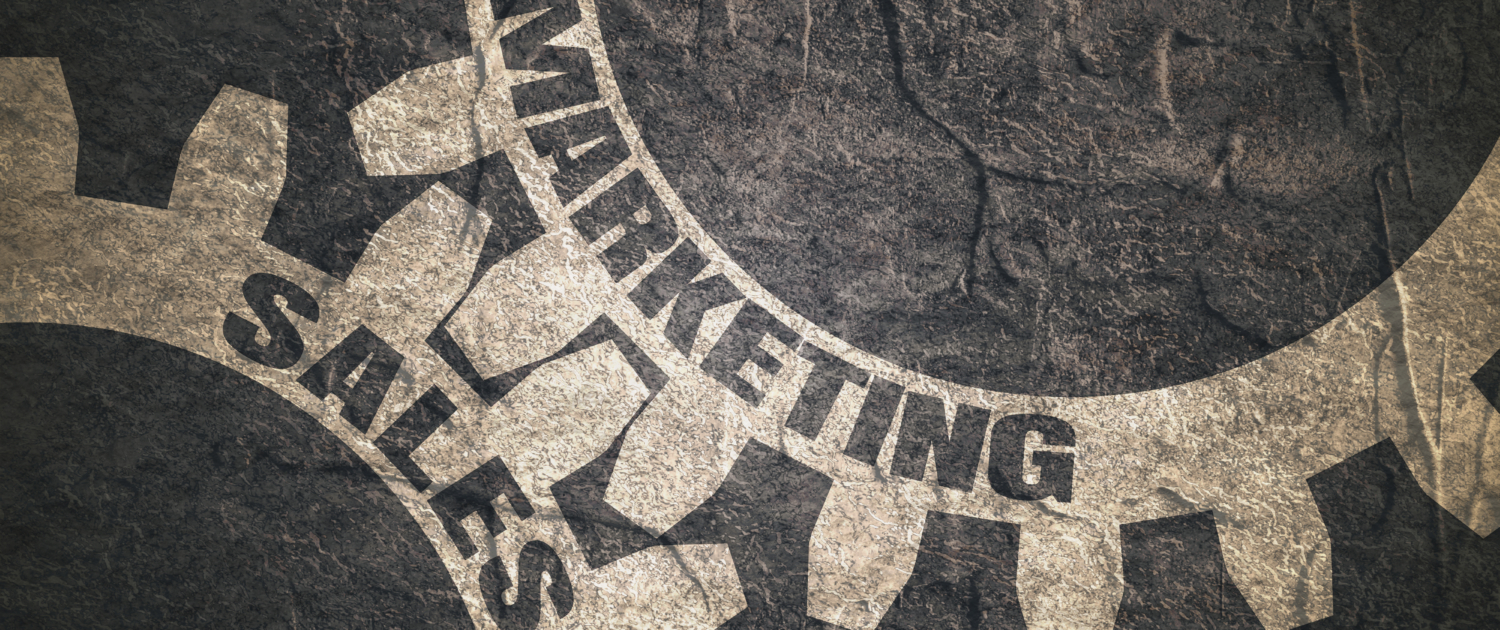
Qualification requires a more collaborative approach. Deal Qualification should not be considered as a moment in time, rather it happens thorough buyer engagement process and across the end-to-end marketing and sales funnel. Qualification is based on a body of knowledge and insights gained through prospect engagement along the buyer journey.
The web changed the buy-sell cycle. Buyers are more in control. They search the web and engage educational content and media and they are more educated before they engage with sales. Some argue that sales lead qualification is now less relevant as prospects have self-qualified on the web. Yet, qualification remains a vital element of the buyer engagement strategy and it must be a collaborative, joint process between marketing and sales. Qualification is not a singular event – like when a lead status becomes a MQL or a SQL – it is a continuously refined along the buy-sell process.
MQLs and SQLs are key milestones that are often used in this process while qualification happens continuously along the buyer journey. Marketing plays a vital role in qualification, ultimately providing lead scores and decision support for sales. Sales deepens their understanding of the Sales Accepted Lead (SAL) to confirm whether the buyer meets the full criteria for a qualified sales opportunity (SQL) to justify the time and expense of pursuing the sales effort.
Sales Qualification scorecards need updating. Traditional qualification models like BANT are inherently confrontational. They are designed to benefit the seller, not the buyer. A more consultative and collaborative approach for qualification can improve customer relationships by emphasizing two-way fit. An approach like the Revenue Architects FACT model, applies qualification elements using a more collaborative approach. FACT uses FIT – ALIGNMENT – COMPETITION and TIMELINE as the elements of qualification. Elements of the traditional sales qualification models like BANT and SCOTSMAN can be adapted effectively into FACT – but with a less confrontational approach.
With your qualification model in place, the elements can be applied across the marketing and sales funnel and buyer engagement experiences. For example, by using progressive profiling and questioning, marketing can help the buyer self-qualify while providing deeper insights for sales if the lead reaches the MQL stage.
Contact us to learn more about how to tailor your Inbound Marketing strategy and qualification model as part of your Revenue Architecture. Revenue Architects is a recognized leader among Inbound Marketing Companies.

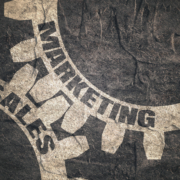

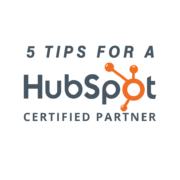
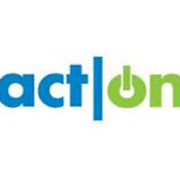
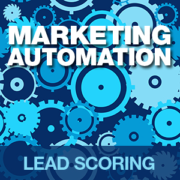
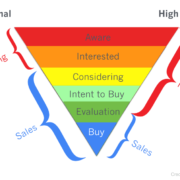


Leave a Reply
Want to join the discussion?Feel free to contribute!